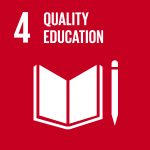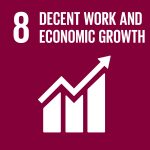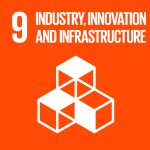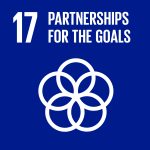Esta web utiliza cookies para que podamos ofrecerte la mejor experiencia de usuario posible. La información de las cookies se almacena en tu navegador y realiza funciones tales como reconocerte cuando vuelves a nuestra web o ayudar a nuestro equipo a comprender qué secciones de la web encuentras más interesantes y útiles.
Entrepreneurship, Innovation and Mentorship Education Certification (EIMEC) for Strengthening Educators Capacity to Support Discipline-Centred Student Entrepreneurship in Africa.
Description
Institution
University of Lagos
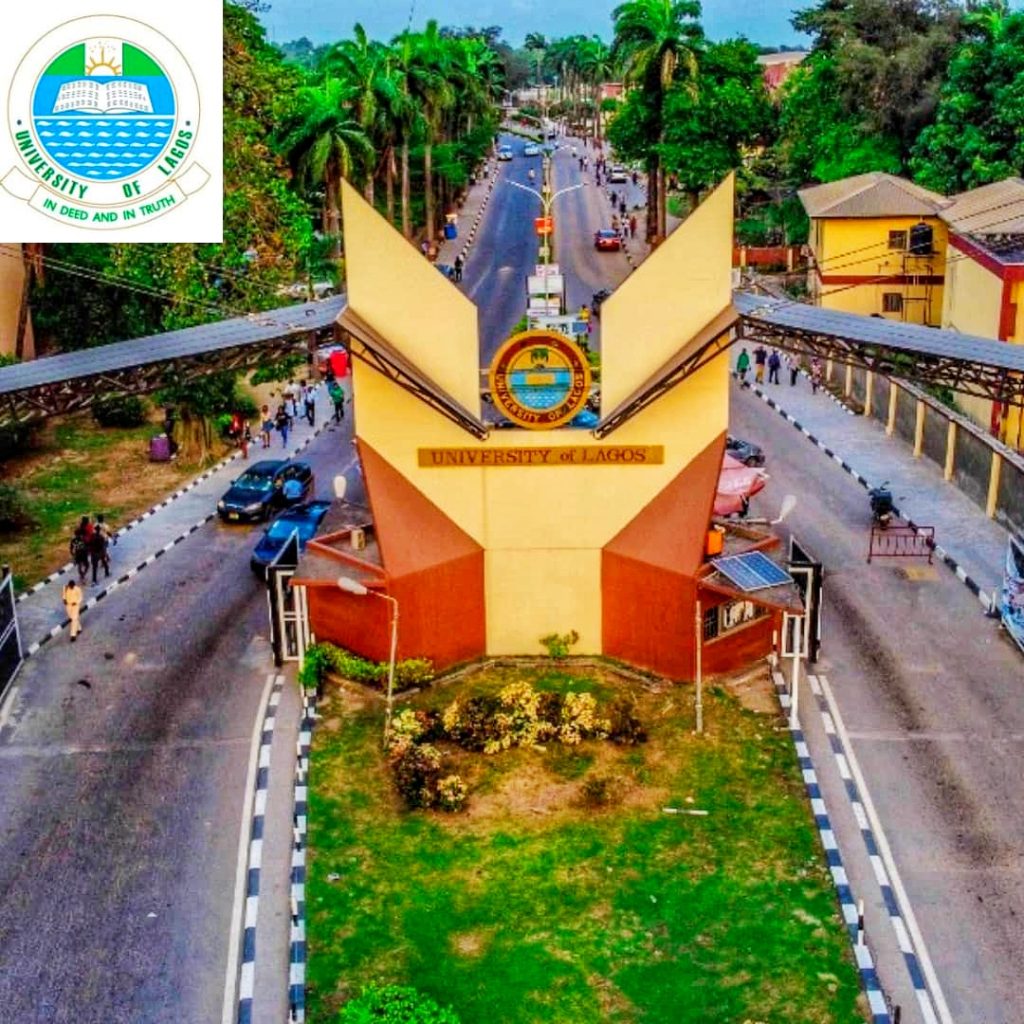
Organizations/areas of the university involved
ARUA Center of Excellence for Unemployment and Skills Development, University of Lagos • Entrepreneurship and Skills Development Center, University of Lagos • University of IOWA, USA • Africa Research Universities Alliance (ARUA) • United Kingdom Research and Innovation (UKRI) • Bank of Industry (BOI-Nigeria) • University of Nairobi, Kenya • University in Ghana, Accra, Ghana • University of Cape Town, South Africa • University of KwaZulu-Natal, Durban, South Africa • Lecturers selected from all departments in Participating Universities.
Country
Nigeria
EIMEC is a lecturers’ capacity development program that leverages on a tailor-made curriculum and facilitators from academia, industry, civil-society and government to provide sustainable entrepreneurship education for students in Africa.
Towards supporting African Universities to evolve into entrepreneurial universities whose processes, people and practices will support the co-production of graduates who are entrepreneurial and self reliant and ultimately creating solutions to the menace of unemployment and poverty in Africa, The Entrepreneurship and Innovation Mentorship Education Certification (EIMEC) program supported by a UKRI ARUA grant designed a tailor-made capacity development program for lecturers. The program draws facilitators from academia, industry, civil society and government to deliver a tailor-made curriculum delivered over 120 hours divided into 96 contact hours and 24 hours of remote learning and field work.
One of the specific objectives EIMEC is to develop the capacity of faculty members to facilitate entrepreneurship education courses that will lead to the development of entrepreneurial mindset in students. It is expected that students will acquire the relevant skills required for opportunity identification and exploitation. The EIMEC project targets providing support for lecturers in terms of training, mentorship and capacity development required for delivery of entrepreneurship courses to students using global best practices. It is expected that the trained faculties will be equipped to creatively set-up innovative entrepreneurship programs in their respective disciplines and departments of participating universities.
Upon completion, lecturers are to serve as a guide, coach and mentor to student entrepreneurs as they engage in viable businesses that will create jobs even before they graduate from the university. The program also seeks to develop lecturer’s capacity to empower students with relevant competencies that will help them identify and exploit opportunities, create value for self and others, reduce unemployment and also promote socio-economic development in Africa.
To achieve this feat, a unique tailor made curriculum was designed using a baseline research data derived from students and lecturers. The delivery of the curriculum contents entailed the use of case studies, presentations, demonstrations, group projects and team based activities and field work as facilitation tools for topics such as design thinking, opportunity identification and exploitation, funding, social entrepreneurship feasibility studies, business plan writing among others. Today, EIMEC has been successfully conducted in the University of Lagos and the University of Nairobi, Kenya. For the two countries, facilitators were selected from volunteers from the academy, industry, Civil society organization, Government and other relevant stakeholders in Nigeria, Kenya, USA,
Presently, there is an ongoing search for partners that will provide support and funding that will help scale the program to more universities in Africa.
Results and impact measured or expected
- Reinforced capacity of 45 university lecturers in Nigeria and 40 in Kenya to mentor student entrepreneurs from the idea stage to the growth stage of their businesses before graduation from the university
- Entrepreneurship related content trained into departmental courses.
- Produced student graduates who are skilled enough to identify opportunities, exploit such and also act entrepreneurially.
- Fostered inter-departmental collaboration between lecturers, stakeholders, students and other staff of the participating universities
- Strengthened links between universities and the industry for mutual benefits.
- Supported universities to have a formidable and all-inclusive entrepreneurship eco-system that is self sustaining with lecturers and students, industry and the community as co-creators, partners and beneficiaries.
- Strengthened partnerships and increasing knowledge sharing between participating universities in Africa and the world.
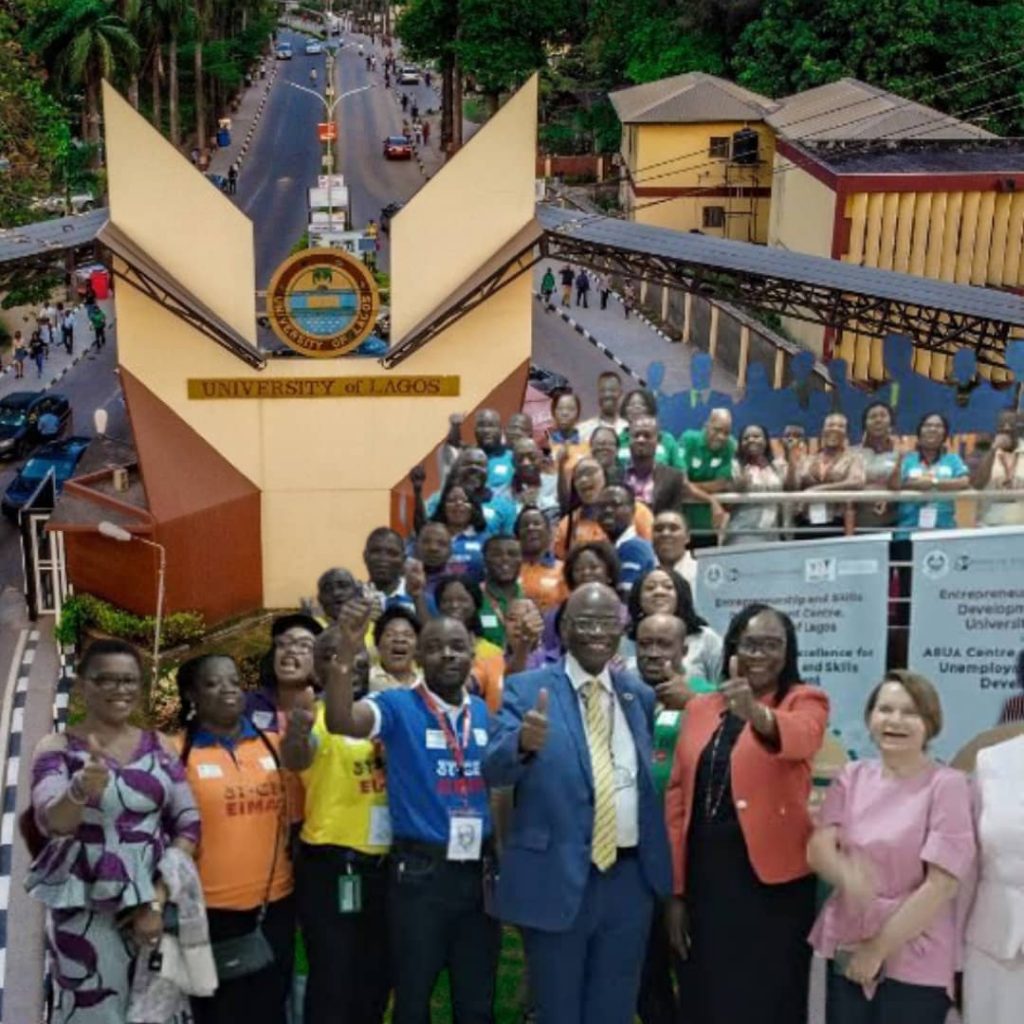
Tags
Connection with the SDG framework
- Promoting partnerships with industry, CSOs, local and global Academia and other stakeholders to structure and facilitate courses around real-world collaborative projects and activities strengthens links between academia and industry for goal 9 and 17.
- The multi-disciplinary approach that supports discipline-centred competencies and skills that promote entrepreneurship in facilitators of knowledge is linked to SDG 4.7.
- Developing a curriculum that embed competencies that promote systems thinking, critical thinking, self-awareness, problem-solving, collaboration, creativity, design thinking, social responsibility, partnership competencies and other entrepreneurship skills in lecturers and students is linked to goal 1, 4 and 9.
- Substantially increasing the number of lecturers who are entrepreneurial and can mentor student entrepreneurs who will identify and exploit opportunities, innovate, create and support businesses that will promote socio-economic development of respective participating universities and their countries will support achievement of goal 1, 4.7, 8.5 and 8.6.
Barriers and follow up
- The emergence of Covid-19 pandemic was a major barrier that almost hampered the success of the EIMEC project especially in its second year. To overcome this, EIMEC 2.0 previously slated for University of Nairobi, Kenya was held virtually. The lockdown had a significant effect on the number of facilitators that could be engaged physically from other countries and this also limited the extent to which participants were able to network. However, facilitators were still able to utilize break out rooms to foster collaboration among participants.
- There was limited understanding of how entrepreneurs work in teams using a multi-disciplinary approach. In order to overcome this, facilitators ensured that group activities were done in teams that comprised members from separate departments of participating universities.
Transferability of the initiative
- There is possibility that EIMEC can be scaled to accommodate more universities on the African continent. However, there will be need to activate a baseline survey that will provide data on the peculiar needs, opportunities and resources available in individual countries. Having this information would support the development of a personalized framework that takes the demography and peculiarities of each university, staff and students into account.
- It is also possible to structure EIMEC as a continuous and mandatory professional development program for lecturers in African universities.
- This project, if backed up by policy can be structured as part of curriculum of teacher training programs and post graduate studies.
Education 4 SDG funciona gracias a WordPress

